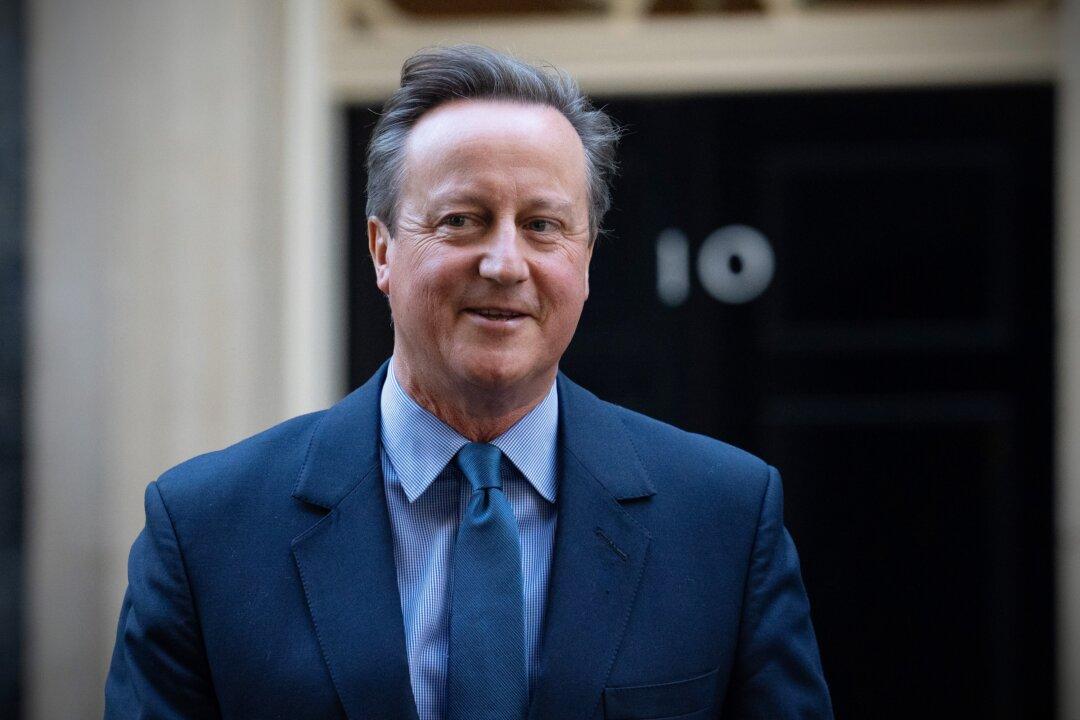The UK is to help “unlock billions” to “accelerate” U.N. Sustainable Development Goals (SDGs) by 2030, David Cameron has announced.
On Tuesday, the former prime minister and now Secretary of State for Foreign, Commonwealth and Development Affairs Lord Cameron wrote on X, formerly known as Twitter, that the UK was positioning itself to expand and reform the way U.N. SDGs are funded.




